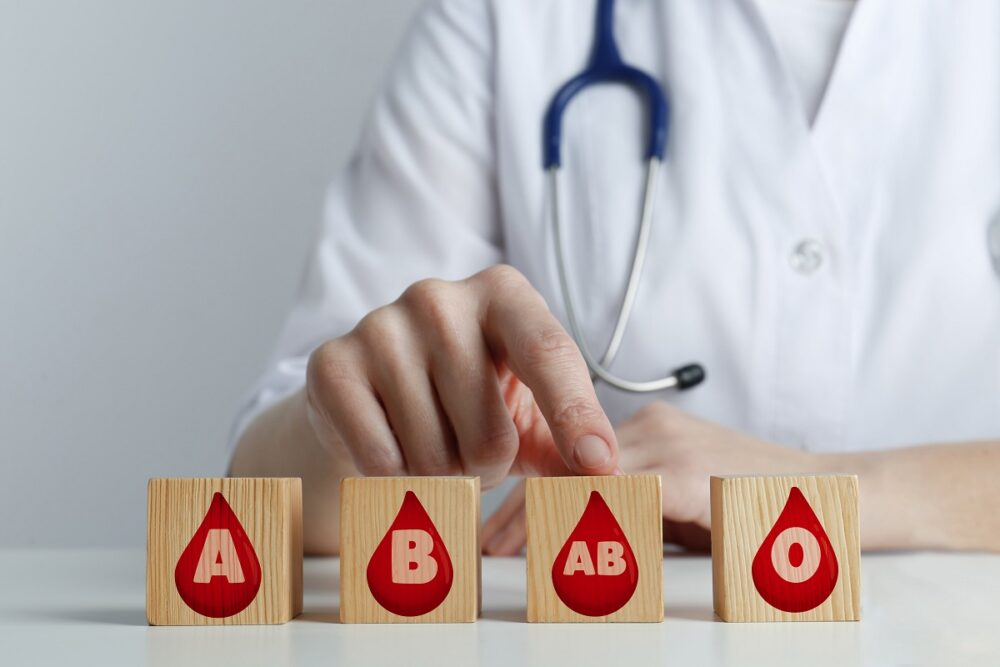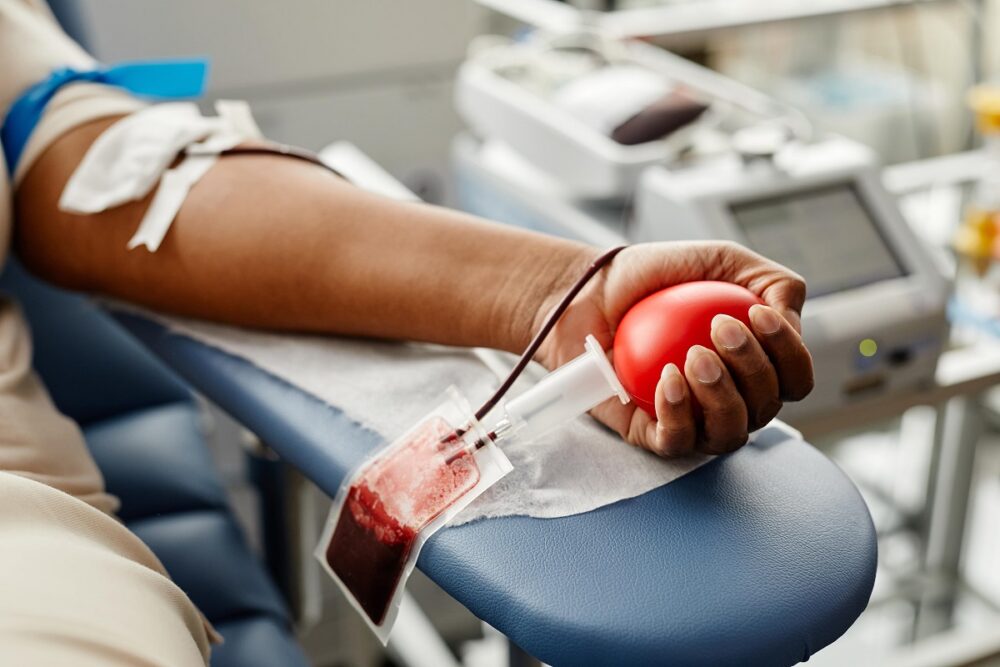Do you know your blood type?
If you don’t know what your blood type is, don’t feel bad. You’re not alone in this boat. There’s a higher chance that people know their horoscope sign rather than their blood type. However, even if many don’t know this information, it doesn’t make it a good thing. As a matter of fact, knowing your blood type can help you make the right choices in terms of lifestyle and health, and can even save your life in crucial situations.
“We think about blood type a lot when we think about transfusions,” explains Robert Salazar, M.D., a cardiologist at Memorial Hermann Health System in Houston. “Increasingly, there is a push towards the individualization of medicine and medical advice,” he adds.
According to a series of studies published in the Wiley Interdisciplinary Reviews: Systems Biology and Medicine, blood type has important implications on one’s health condition and disease risks. For instance, people with a certain blood type have a higher risk of developing dementia, other blood types are linked to heart diseases and urinary infections, and so on. While there is no black or white information on the causes and effects of certain blood types and the occurrence of diseases, all studies emphasize the importance of knowing your blood type.

There are four main blood types: A, B, O and AB, as per the American Red Cross. Apart from these antigens, a protein called the Rh factor can be positive (+) or negative (-), resulting in eight blood subtypes: A+, A-, B+, B-, O+, O-, AB+, AB-.
Read on to find out what blood types are more prone to developing certain medical conditions and don’t postpone a medical visit to find out what your type is.
Blood clots: Types AB, A, and B
According to Danish researchers, people with blood types AB, A and B are 40 percent more at risk of developing deep-vein thrombosis (DVT), or blood clots. They studied the interaction of blood types with genetic predispositions to develop blood clots that can reach the lungs. The study lasted for more than 30 years and involved 66,000 people.
Furthermore, the research showed that several factors increased the risk of DVT: having an AB blood type increased the blood clot risk by 20 percent, being overweight by 16 percent, having genetic mutations by 11 percent, and smoking contributed by 6 percent.
Also, “people with type O blood have the lowest levels of von Willebrand factor on average and the lowest risk of abnormal clots. Type AB has the highest level and, in some studies, the highest risk of blood clots”, explains Mary Cushman, M.D., a hematologist at the University of Vermont Medical Center
Heart disease: Type AB, B, and A
Various medical studies have also revealed that types A, B and AB increase the risk of heart disease. Compared to people with blood type O, which is the most common, those with A, B, or AB live less, as explained by a large study published in BMC Medicine. The study followed around 50,000 middle-aged and elderly people over a seven-year period. The findings revealed that approximately 9 percent of deaths caused by cardiovascular problems were related to types AB, B, and A.
Heart diseases, however, are also related to important lifestyle factors such as diet, weight, smoking, and drinking habits. Unlike blood type, these factors can be influenced and changed for the better.
Stomach cancer: Types A and AB
When it comes to stomach related affections, specifically stomach cancer, it seems that blood type A increases the risk. According to the study published in BMC Cancer, blood type AB might also be a contributing factor to stomach cancer.
Based on genetic data retrieved from various cases and controls, researchers discovered that there’s a connection between gastric cancer and blood types in Chinese people. The same conclusions were also given by another 39 studies performed before the BMC one.
Fertility issues: Type O
More than a third (37 percent) of the world’s population is blood type O. As explained in a detailed study published in Human Reproduction, women with blood type O showed higher levels of FSH hormone. This means lower ovarian reserves. Women in this blood category have been found twice as likely to struggle with conceiving.
However, as most doctors will tell you, age is a much more important factor when it comes to fertility issues.
Pregnancy risks
In this case, it’s not about blood type per se, but about the Rhesus (Rh) factor, which indicates if your blood type is positive or negative.
As explained by medical experts, problems might arise if the baby has a different Rh blood type than the mother. For example, if the mother’s Rh is negative and the baby’s is positive, the mother could develop antibodies to “protect” her against the baby. To prevent such incompatibility issues, women are usually given a certain shot at the beginning of their pregnancy. Fortunately, in such cases, the baby is not affected, but future pregnancies might be.
Dementia and memory loss: Type AB
It has been found that there’s an 82 percent risk for people with AB blood type to suffer from dementia and other cognitive disorders in their senior years. As detailed in a study published in Neurology, AB type people have higher levels of the Factor VIII protein, a protein helping with blood clotting.
Consequently, People participating in the study, who also have been found with larger amounts of this protein, have a 24 percent higher risk of struggling with memory problems. Apart from blood type and high level of Factor VIII, check out Drugs That May Cause Memory Loss in Seniors Over 55.
Stroke: Type O has the lowest risk
As per research published in the Journal of Thrombosis and Haemostasis, people with type O, which is also the most widespread among the population, have lower risks of cardiovascular problems, including stroke.
One reason researchers believe that cardiovascular risks are higher in people with non-O blood type is the presence of the Von Willebrand factor. This protein has been previously linked to the occurrence of blood clots and strokes and type O people have larger amounts of it. Check out these Top 10 Chronic Conditions Seniors Have to Look Out For.
Type O attracts mosquitoes
If you’re the only one in a group attacked by insects and mosquitoes, you can thank your blood type for the repeated assaults. According to various studies, people with type O are twice as likely to suffer from mosquito bites during the warmer months. People with types A and B are right behind them, just not receiving as much bug love as the Os.

How to find out your blood type
By doing a standard blood test either separately or during your next round of annual exams and bloodwork. Another way to find out is when you give blood. It’s actually a win-win: you help someone in need and also discover your blood type so that you can take preventive action regarding your health and overall well-being.


























1 thought on “8 Life-Saving Reasons You Should Know Your Blood Type”
why isnt blood typing part of an Annual Physical?